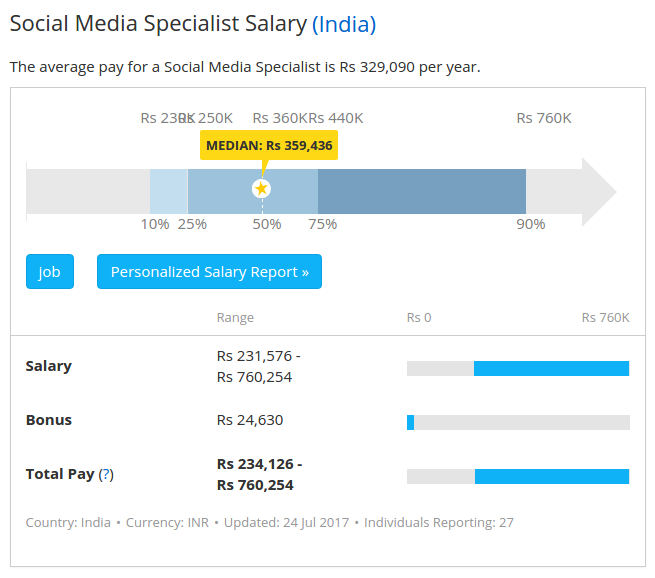
The SWCA is an international non-profit organization that works to preserve natural resources and advance projects that improve the lives of people today. Onsite Environmental Consulting is one example of their work. This website allows applicants to post their resumes anonymously, allowing employers to easily find the best candidates for a given position. Additionally, they offer a list local job openings and link to potential employers. This is a great way for people to start their careers, but there are some serious problems.
Onsite Environmental Consulting
Onsite Environmental Consulting is part of SWCA Environmental Consultants. They are a Jacksonville, Florida-based consulting firm that provides an array of environmental services, including water quality monitoring, habitat restoration, and stakeholder engagement. Their environmental consultants bring together scientific expertise and knowledge of permit and compliance protocols to find cost-effective solutions to environmental problems. To learn more about Onsite Environmental Consulting, contact them today. Here are some key capabilities of Onsite Environmental Consulting:

The primary industries of the SWCA
Please read the following if you are interested in working for SWCA Environmental Consultants. Find out more about SWCA Environmental Consultants' primary industries and their clients. The firm's employees will also be revealed, along with alternative spellings. These are our primary industries:
Its CEO
Joseph J. Fluder III is the CEO of SWCA. He is passionate about providing sound science to his clients and creating a positive work environment for his staff. As president and CEO of the company, he works with SWCA leadership to develop strategies and define strategic vision. He focuses on SWCA's strengths, uniqueness, and scientific and technical prowess, and maintains the company's employee ownership structure.
Its political affiliations
After recent revelations that an undercover cop was spying on UW students, Student Worker Coalition is investigating the student worker coalition's political affiliations. SWC, also known as Student Workers Council (or Student Workers Council), holds open meetings to organize a campus march on May 3. In an April 8 meeting, a woman named Tani, a UW alumna, attended. During questioning, SWC members confronted the officer in his police uniform. He claimed to be Tani, the woman who was at the meeting.

Its employee information
Zippia offers an in-depth analysis of SWCA Environmental Consultants' employee data. Employees are asked to self-report their employment history and ZIPpia pulls this information from public and proprietary data sources. These sources include company filings, H1B files, and other publicly available data. These data were obtained via an online survey that was conducted by SWCA.
FAQ
Do I need to seek legal advice?
Yes! Yes. Many consultants will create contracts for clients without seeking legal advice. This can cause problems later on. What happens if the client cancels the agreement prior to the consultant's completion? What happens if the contract stipulates that the consultant must meet certain deadlines?
To avoid any potential problems, it is best to consult a lawyer.
Do I need to pay tax on consulting income?
Yes. Taxes will be charged on consulting profits. The amount you earn depends on your annual income.
If you are self-employed, expenses can be claimed on top of your salary. These expenses include rent, childcare and food.
However, you can't deduct interest payments for loans, vehicle depreciation or the cost to purchase equipment.
Only 25% of your expenses can be claimed back if you make less than PS10,000 annually.
You might be taxed even if you make more than the threshold depending on whether your income is contractor or employee.
Employees are generally taxed through PAYE (pay as you earn) and contractors through VAT.
Why would a company hire a consultant?
A consultant provides expert advice on how to improve business performance. Consultants are not there to help you sell products.
Consulting helps companies make better decisions. They provide sound analysis and offer suggestions for improvement.
Consulting often works closely with senior management teams in order to help them understand the steps they must take to succeed.
They provide coaching and leadership training for employees to enable them to achieve their peak performance.
They can help businesses reduce costs, streamline processes, and increase efficiency.
Which industries use consultants
There are many different types. Some focus on one particular type of business while others specialize in more than one area.
Some consultants are limited to working for private corporations, while others can represent large corporations.
Some consultants also work internationally and can help companies around the globe.
Statistics
- On average, your program increases the sales team's performance by 33%. (consultingsuccess.com)
- Over 62% of consultants were dissatisfied with their former jobs before starting their consulting business. (consultingsuccess.com)
- My 10 years of experience and 6-step program have helped over 20 clients boost their sales by an average of 33% in 6 months. (consultingsuccess.com)
- According to statistics from the ONS, the UK has around 300,000 consultants, of which around 63,000 professionals work as management consultants. (consultancy.uk)
- "From there, I told them my rates were going up 25%, this is the new hourly rate, and every single one of them said 'done, fine.' (nerdwallet.com)
External Links
How To
What is a typical day for a consultant?
Your work type will determine the length of your day. You'll spend your time researching new ideas and meeting clients.
You'll often have meetings with clients where you can discuss issues and solve problems. These meetings can be conducted over the phone, by email, face-to-face, or online.
You may also be asked to prepare proposals, which are documents outlining your ideas and plans for clients. You will need to discuss these proposals with a mentor or colleague before you present them to clients.
After all the planning and preparation, you will have to produce some content. For example, you could be writing articles, designing websites, creating videos, editing photos, or conducting interviews.
Depending on the scope of the project, you may need to do some research in order to gather relevant statistics or figures. For example, you may need to find out how many customers you have and whether they are buying more than one product or service.
Once you have collected enough information, it's now time to present the findings to your clients. You may give your findings orally or in written form.
After your initial consultation with clients, you need to keep in touch. For example, you could call your clients periodically to check how things are going. Or send them emails asking them to confirm they have received the proposal.
This process takes time, but it's important to ensure that you stay focused and maintain good relationships with clients.